Parents of children with celiac disease may be able to rest easier thanks to a preliminary study of cooking habits by experts at Children’s National Hospital.
Using the same toaster, knives or pots and pans for gluten-free and gluten-containing foods may not pose a high risk of gluten exposure for people with celiac disease. What’s more, routine washing of utensils and equipment with soap and water and handwashing can further reduce or eliminate gluten transfer. So, cutting cupcakes with different knives at the next birthday party your child attends may not be necessary.
The study was conceived and led by Vanessa Weisbrod, executive director of the Celiac Disease Program at Children’s National Hospital and a board-certified nutritionist. She also has celiac disease, as does her son.
“So many celiac parents, including me, have taken every precaution to prevent a gluten exposure in our homes. In many cases that means having two of everything – toasters, knives and pasta pots, with little or no hard evidence showing we needed to,” she says. “Though the sample is small, this study gives me hope that someday soon we’ll have empirical evidence to reassure the families we work with that their best defense is not two kitchens – it’s simply a good kitchen and personal hygiene. And, that we can travel to grandma’s house or go on a vacation without worrying about a second toaster.”
Celiac disease: a common condition among kids
About one in 100 children has celiac disease, making it one of the most common conditions in children. This genetic autoimmune digestive disease damages the small intestine and interferes with the absorption of nutrients from food.
People who have celiac disease are permanently intolerant to gluten, a protein found in all forms of wheat, rye and barley. Although the common belief is that gluten is found only in foods, the protein is actually used in many everyday products including medications, vitamins, adhesives used for stamps and envelopes and cosmetic products such as lotion, shampoo and lipstick.
The symptoms of celiac disease vary greatly among patients and can affect almost any part of the body. One child may experience severe diarrhea and abdominal pain while another may have skin, liver, neurological, dental or other problems. Many children with celiac disease will have problems with growth.
So what should celiac families to do prevent gluten reactions? The authors of the study recommend practicing these simple hygiene steps:
- Wash pots, pans and kitchen utensils with soap and water after each use, and before preparing gluten-free food.
- Wash hands with soap and water before preparing gluten-free food.
Follow your medical team’s advice
Benny Kerzner, M.D., the study’s senior author and director of the Celiac Disease Program at Children’s National, still recommends following all guidelines from your celiac care team to prevent cross contamination while his team does further study. However, he suggests that the larger celiac community take a critical look and apply evidence-based approaches to determine the true risks for families, which may result in eliminating “some of the hypervigilant lifestyle changes that we sometimes see after a family receives a celiac diagnosis.”
For more information on living with celiac disease, see the article “9 ways to support a child with celiac disease.”
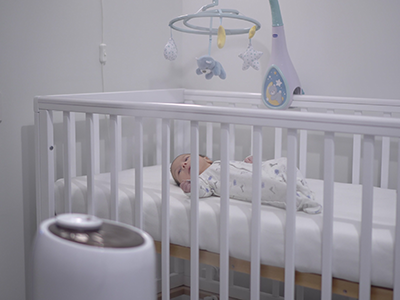 https://riseandshine.childrensnational.org/wp-content/uploads/2024/04/baby-sleeping-in-crib-feature.png
300
400
Danielle Robbins
https://riseandshine.childrensnational.org/wp-content/uploads/2017/11/childrens_riseandshine_logo.jpg
Danielle Robbins2024-04-19 10:54:482024-04-19 10:54:48The truth about baby sound machines and hearing loss
https://riseandshine.childrensnational.org/wp-content/uploads/2024/04/baby-sleeping-in-crib-feature.png
300
400
Danielle Robbins
https://riseandshine.childrensnational.org/wp-content/uploads/2017/11/childrens_riseandshine_logo.jpg
Danielle Robbins2024-04-19 10:54:482024-04-19 10:54:48The truth about baby sound machines and hearing loss








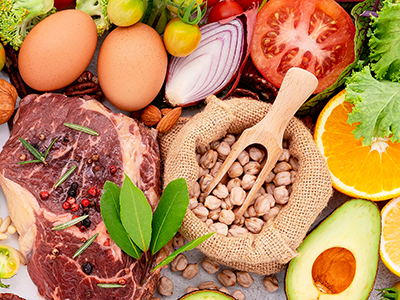


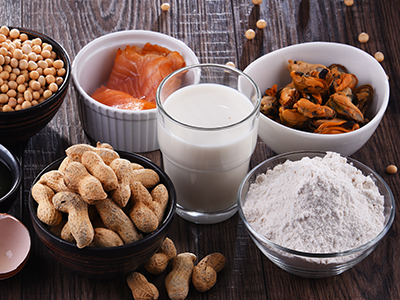

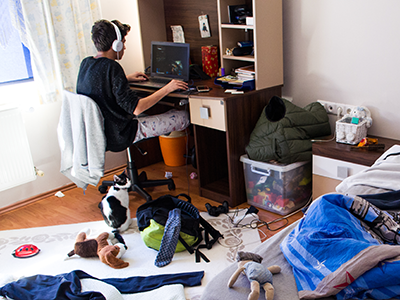




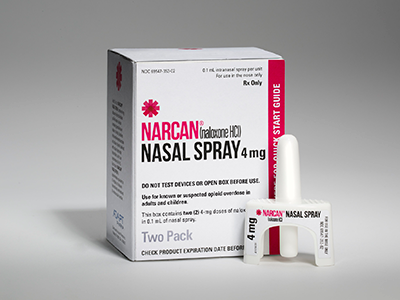

Leave a Comment
Want to join the discussion?Feel free to contribute!